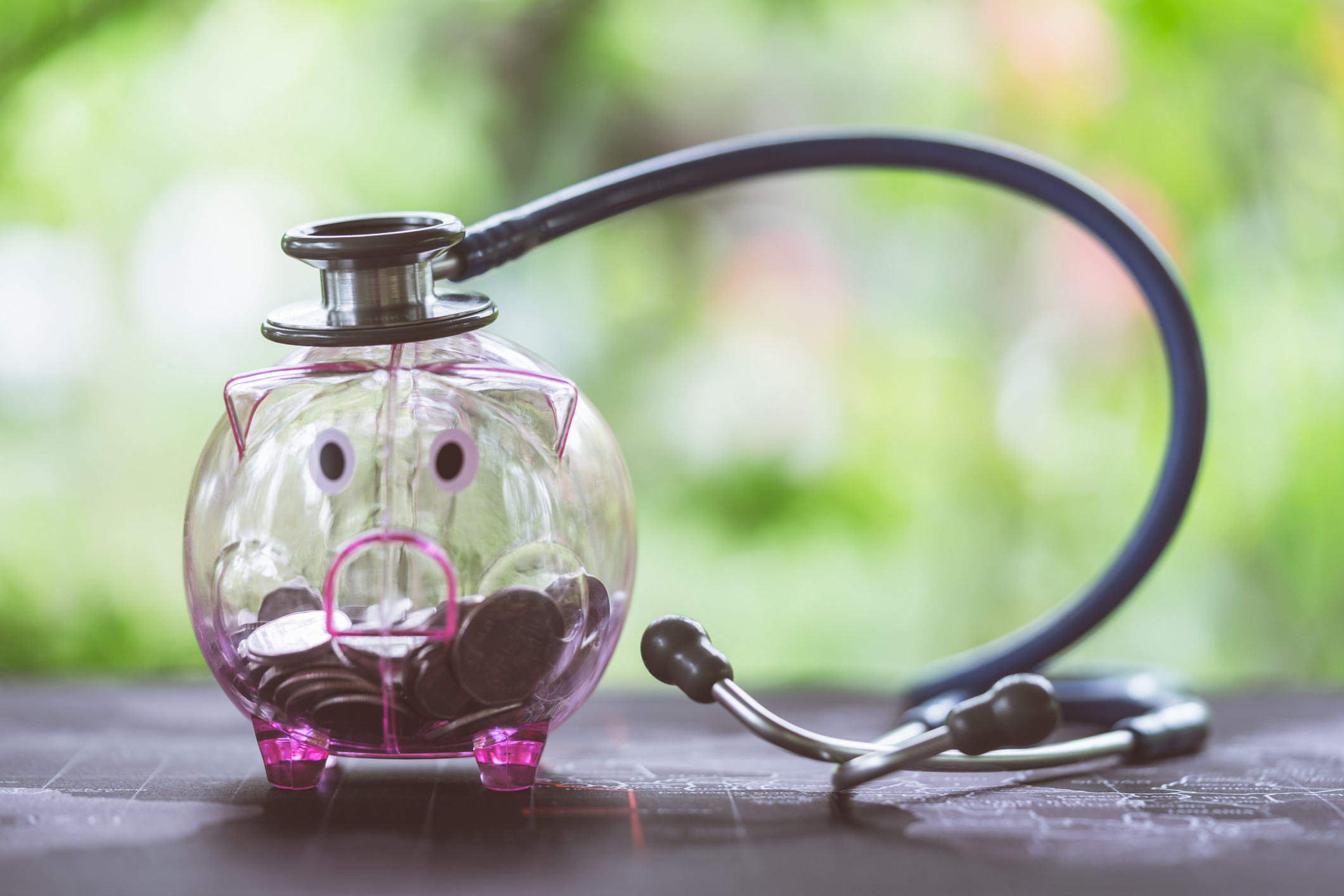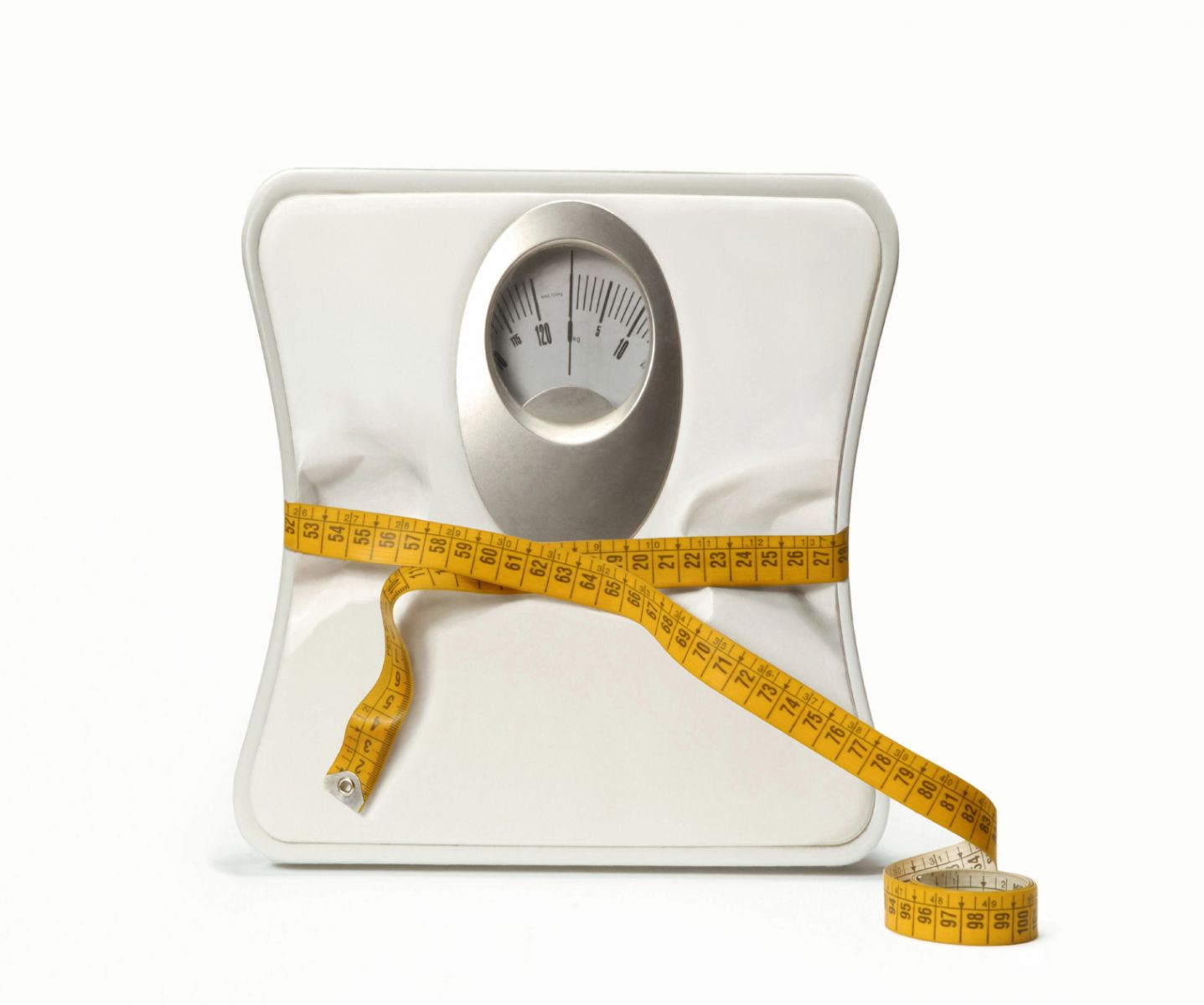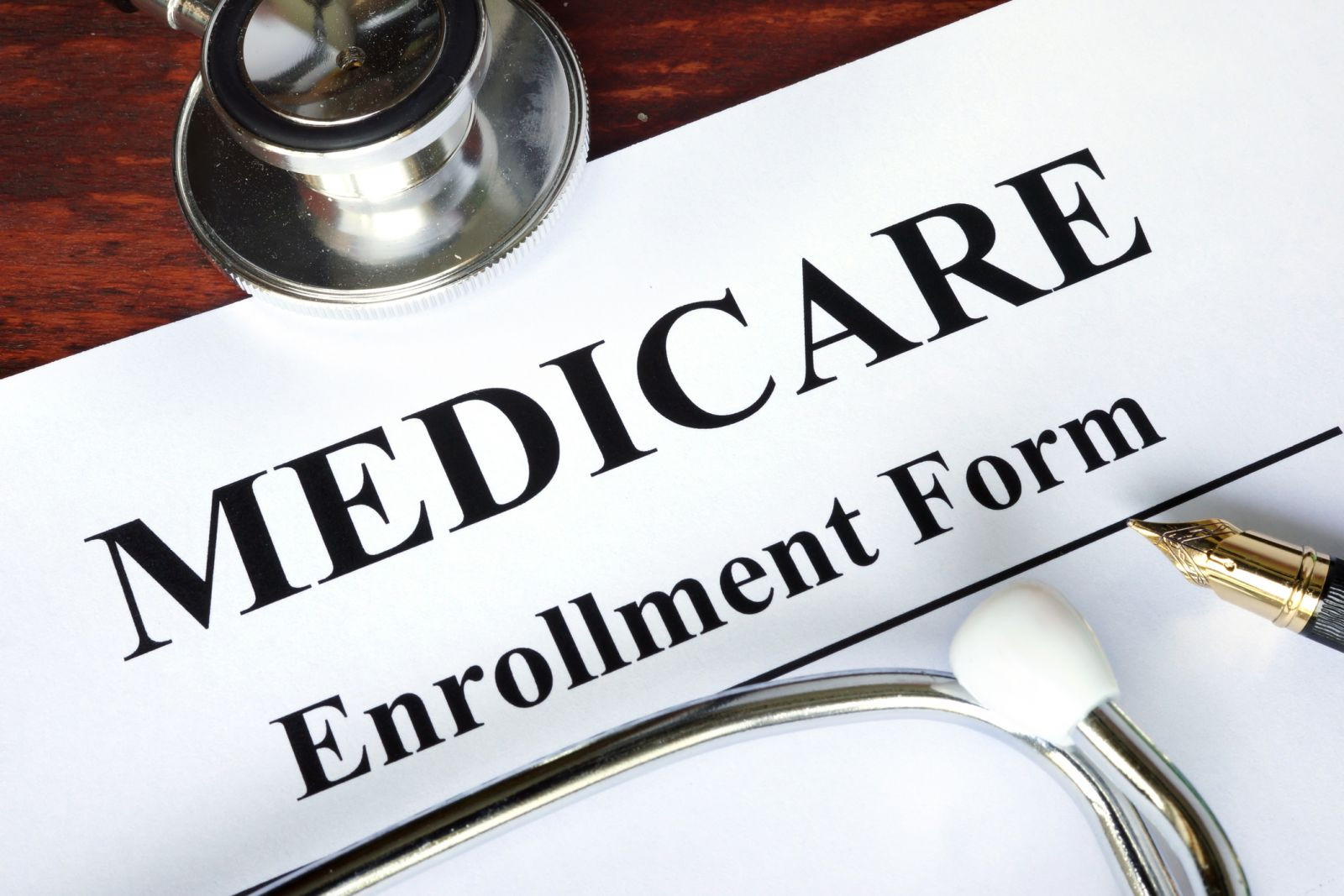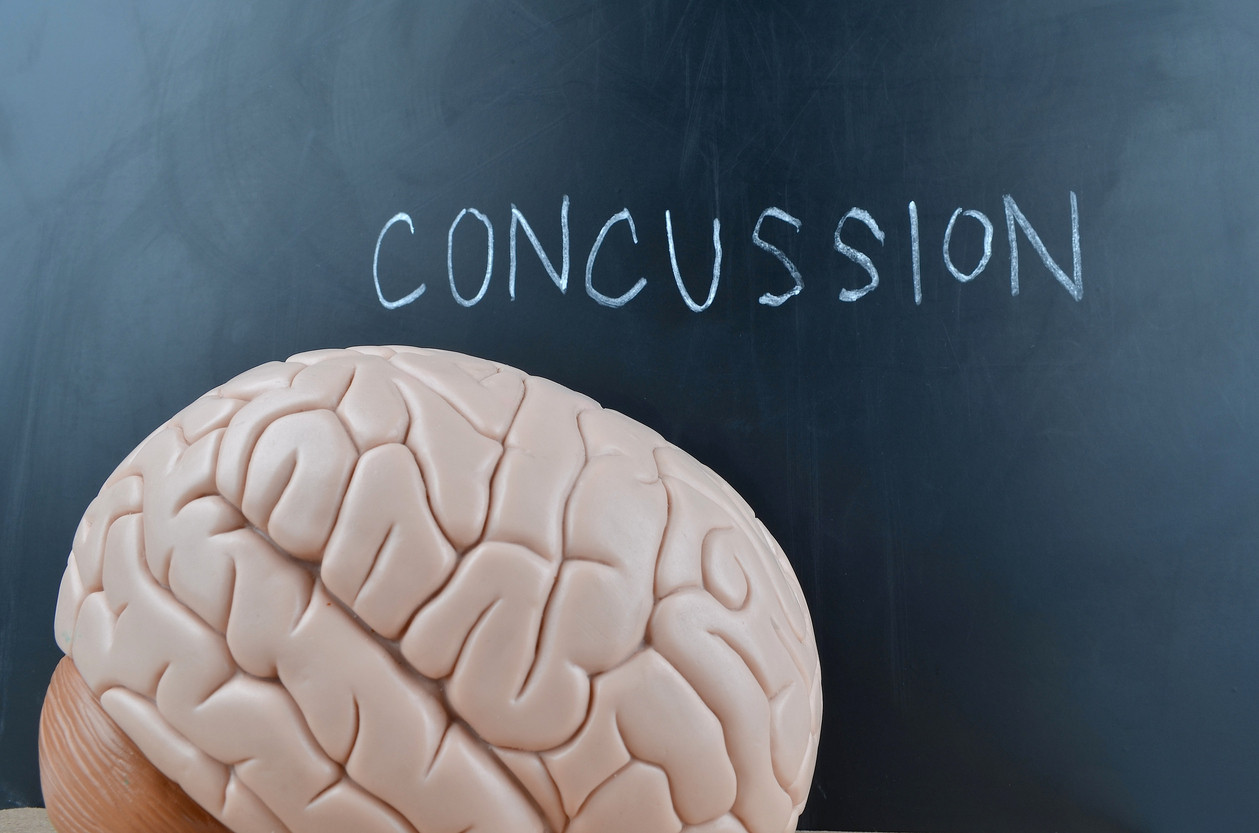
5 timeless habits for better health

What are the symptoms of prostate cancer?

Is your breakfast cereal healthy?

When pain signals an emergency: Symptoms you should never ignore

Does exercise give you energy?

Acupuncture for pain relief: How it works and what to expect

How to avoid jet lag: Tips for staying alert when you travel

Biofeedback therapy: How it works and how it can help relieve pain

Best vitamins and minerals for energy

Should you take probiotics with antibiotics?
Staying Healthy Archive
Articles
Six tips for safe strength training
Strength training isn't just for bodybuilders. Like aerobic exercise, it's important for everybody, and it should be a part of any comprehensive exercise program. Of course, if you've never trained with weights before, it can seem a little daunting. But as long as you ease into it gradually and take the proper precautions, strength training is safe for most people.
Use the six tips below to help you get the most from your strength workouts.
Find the weight-loss plan that works for you
You've tried different diets — and have even been exercising regularly — but those extra pounds won't budge. Don't give up. It may be that you haven't yet found the weight-loss strategies that work for you.
"Everything works for some people, but no treatment is equally effective for everyone," says Dr. Lee Kaplan, director of the Obesity, Metabolism and Nutrition Institute at Massachusetts General Hospital. "No method is fundamentally better than any other. The key is finding out which therapy is best for you, and that takes trial and error."
Navigating the Medicare maze
Medicare is the federal health insurance program for people who are age 65 or older and those younger than 65 with a disability,
The definition of disabilities used to determine Medicare eligibility is the same as that used for Social Security benefits.
Medicare can be a maze all by itself. It has various components, designated by the letters A through D. Each one provides different benefits. In general, out-of-pocket costs are lower in Medicare than in commercial health plans. Here is a summary of what each part covers:
Free services to help your health
Take advantage of free medications, blood pressure screenings, and exercise classes to stay healthy and save money.
Image: © Wavebreakmedia/Thinkstock
Medical costs are soaring, but not every step you take to improve your health has to cost an arm and a leg. Some services are even free, regardless of your financial need. "These are incredibly helpful, although few of my patients know about many of them," says geriatrician Dr. Suzanne Salamon, an assistant professor at Harvard Medical School. The trick is knowing where to find the services, and this month we have suggestions on where to look.
Free exercise classes
Exercise is essential for overall health and mobility, especially as we get older. Many organizations support that by offering free exercise classes for older adults. Good places to find free classes: hospitals and senior centers. Give them a call, or look on the Internet to see an organization's event calendar.

5 timeless habits for better health

What are the symptoms of prostate cancer?

Is your breakfast cereal healthy?

When pain signals an emergency: Symptoms you should never ignore

Does exercise give you energy?

Acupuncture for pain relief: How it works and what to expect

How to avoid jet lag: Tips for staying alert when you travel

Biofeedback therapy: How it works and how it can help relieve pain

Best vitamins and minerals for energy

Should you take probiotics with antibiotics?
Free Healthbeat Signup
Get the latest in health news delivered to your inbox!
Sign Up










